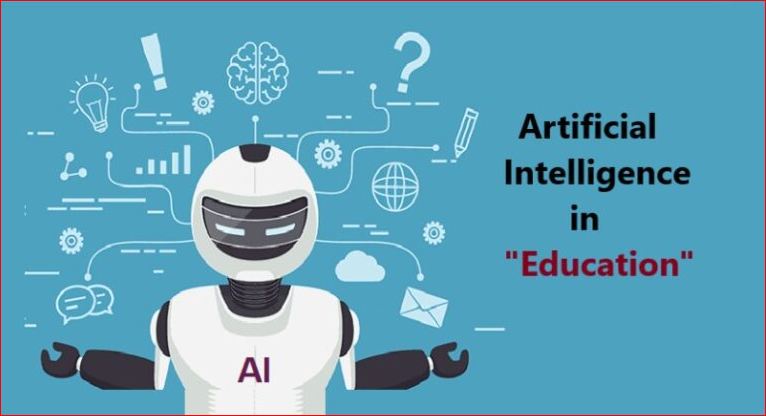We are living in an exciting time in the realm of technology and innovation. Currently, several extremely important chapters in the development of computers beginning to perform things that only humans have been able to do successfully up to this point are being written. Leading scientists have anticipated building machines that think and do what people already know how to do well for the better part of a century, a concept we call artificial intelligence (AI).
AI technology may be seen throughout a wide range of industries. This holds for the education industry all over the world. Several schools across the country are implementing artificial intelligence in education. Teachers, students, parents, and, of course, educational institutions have all gained a new perspective on education as a result of AI's application in education.
Here are some numbers to help you understand artificial intelligence in the classroom:
· By 2030, artificial intelligence in the education sector is anticipated to generate USD 25.7 billion in revenue. (Strategic and Predictive Intelligence)
· By 2023, the global AI in the education sector is anticipated to be worth USD 3.68 billion (Markets and Markets)
· In 2020, the market for AI in education will be worth over a billion dollars. Between 2021 and 2027, it is predicted to increase at a CAGR of more than 40 percent. (Global Market Insights)
There are certainly essential to count on before implementing AI in education:
· Determine the role of artificial intelligence in educational settings
· Making the shift from chalkboards and whiteboards to artificial intelligence in the classroom as painless as possible for teachers and students
· Determine ways to employ AI technology in schools to deliver actionable insights for better decision-making.
· Assessing the difficulties of teaching AI in schools, as well as strategies for overcoming them
· Alignment of AI technology with the school's current environment
Artificial intelligence's role in education
Personalized education
· The goal of using AI in education is not to replace instructors, but to assist them in better understanding each student's potential and limitations
· AI in education makes things easier and more convenient for both teachers and pupils
· Teachers can create a personalized study plan for each student by first knowing their needs
Automated administrative tasks
· Teachers spend a lot of time on administrative tasks like grading and assessing worksheets.
· Preparing student report cards is another unpleasant and time-consuming task for teachers. AI in schools may also be able to assist with this.
· Administrative tasks can be automated, allowing teachers to spend more time with pupils and improving the learning experience.
· The application of artificial intelligence in education can aid in the automated grading and assessment of tasks such as multiple-choice questions, fill-in-the-blanks, and other similar activities.
Constructive feedback
· Artificial intelligence-powered programs can provide vital feedback to both students and teachers
· Teachers can use AI in the classroom to help them enhance the instructions they provide their students, as well as make learning more engaging and exciting
· Students benefit from immediate feedback since it enables them to see where they are doing wrong and how they may improve
Approachable by all tutee
· Learning becomes universally accessible for all learners when AI is used in the classroom
· AI in education is a boon to kids who are slow learners or who are unable to attend school due to illness or injury, as well as pupils who live in remote places
· Artificial intelligence is being used in education to help students overcome geographical hurdles to learning
· Through the application of AI in education, students from all over the world can study from the best teachers
The application of teaching and learning has not yet been fully adopted by all schools. Technology and education, on the other hand, will go hand in hand in the future. The use of artificial intelligence in the education sector has revolutionized the study, but it has yet to reach its full potential.


No comments yet